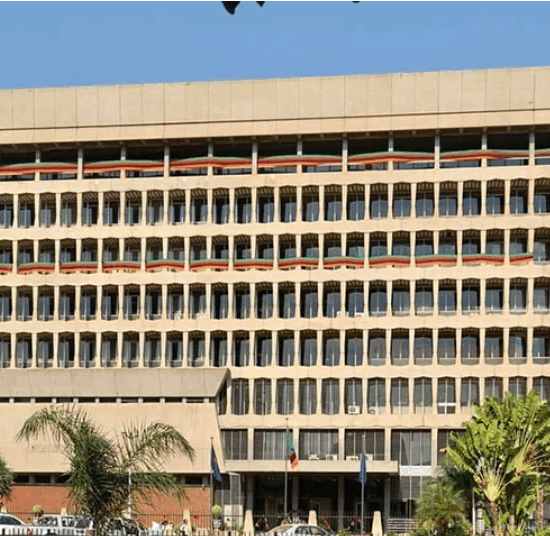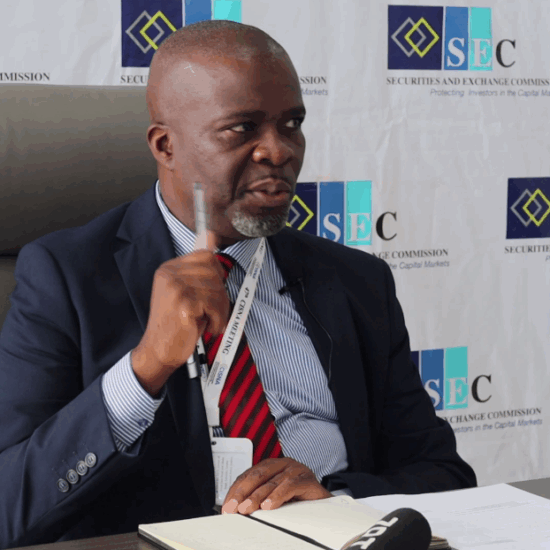
The International Monetary Fund (IMF) has u-turned is now advising governments around the world to subsidize fuel and food for its poorest citizens. This move has been seen as a u-turn and at variance with the advise the fund gave to Zambia just five month back.
In December 2021, the IMF had advised the Zambian government to scrap off fuel and electricity subsidies as part of a staff level agreement which is a precursor to an actual extended credit facility under IMF which finance minister Situmbeko Musokotwane is pushing to get by next month June 2022.
The Zambia Finance Minister Situmbeko Musokotwane has been laboring to sell the message to a skeptical Zambian public on why he has proceeded to remove subsidies at a time when the country is barely out of the woods of the corona virus pandemic and its deep adverse economic and social effects.
Situmbeko has been explaining why the adjustment is necessary in order to reduce the pressure that the subsidy support was putting on the national treasury, but this u-turn of the IMF has now questioned his wisdom in going ahead to cut subsidies on advise of an institution that u-turns when its key markets in Europe and USA are now facing up to a rising cost of living.
IMF Managing Director and Chairman of the Executive Board Kristalina Georgieva has called on member countries to consider subsidizing fuel and food for their vulnerable citizens. What is however disturbing is that Zambia’s Finance Minister opted to take the IMF advise and administer the strong medicine to vulnerable Zambians which they themselves seem not ready to take.
Fuel subsidies in Zambia have been cut leading to high fuel pump prices that have resulted in increase in prices for food and other consumer goods. The cost of living in Zambia is high but most people are holding out in the hope and promise that the clinching of the IMF deal may be the silver bullet needed to help the local economy bounce back.
Power utility ZESCO has also put in a proposal to increase electricity connection fees by over 500%, a move seen to be a pre-condition on ending subsidies. The government has also announced that it will streamline the Farmer Input Support Program – FISP with legumes and other farmer subsidies expected to be eliminated.
The U-turn by the IMF is perhaps a lesson to local economic managers who are on the ground not to just adopt prescribed economic policies but look to rather engage financiers such as the World Bank and IMF to sell policies that fit into the local economy. Blanket adoption of policies such as wholesome withdraw of subsidies at difficult times even before the Covid pandemic and its effect has been dealt with risk bringing social and civil strife.
Currently, there are cries that there is “no money” in circulation, but we are yet to hear any tangible solutions from the economic management team on how they are handling this feedback.







